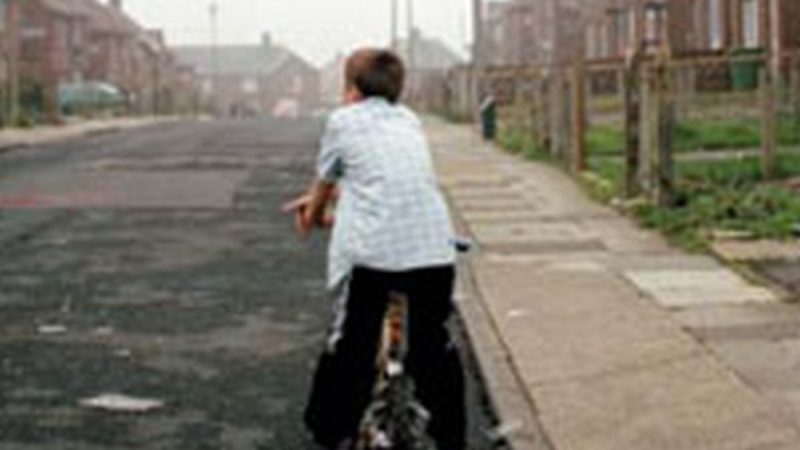

The poorest in society have suffered the most under the Coalition, a report from the London School of Economics and Political Science (LSE) in partnership with the University of Manchester and of York has found.
The report reveals that as a result of the Government’s policies on direct taxes, tax credits and benefits, poverty has been on the rise and over the next five year is set to get worse.
Researchers found real spending on early education, child care and Sure Start dropped by a quarter between 2009-10 and 2012-13. These reductions in spending, paired with benefit reforms, meant that that out of all of the types of households, families with children under the age of five have been affected the most by cuts.
Older people also suffered as home-care and community services for the elderly were hit by spending reductions. Despite the number of people over the age of 65 rising by 10% under the Coalition, the number of adult social care users 7% per year.
Meanwhile, the Government’s policies to raise the income tax threshold and to cut the top rate of tax, which benefitted better-off groups, undermined any savings made from cuts to benefits and tax credits – meaning that these policies made no impact on the deficit.
Similarly, ineffective was the Government’s policy on housing. Although the Coalition introduced Help-to-Buy, spending on housing was cut by 35% and money spent on new homes was slashed by 44% in real terms between 2009-14. Meanwhile, spending on housing benefit continued to rise.
Professor John Hills, who’s Director LSE’s Centre for Analysis of Social Exclusion (CASE), which published the reports, explained the findings further:
“Protection of some of the core parts of the welfare state from the greatest cuts, and initial protection of the value of benefits, meant that those at the bottom and important services were initially shielded from the worst effects of the recession. But in the second part of the Coalition’s period, selective cuts to benefits and to unprotected services have begun to take their toll, leaving the next government, of whatever kind, with much greater social policy challenges than the Coalition inherited.”
None of this seems like sound or fair economics, does it?




More from LabourList
Labour place third in Gorton and Denton by-election as Greens gain seat
‘What Batley and Spen taught me about standing up to divisive politics’
‘Security in the 21st century means more than just defence’